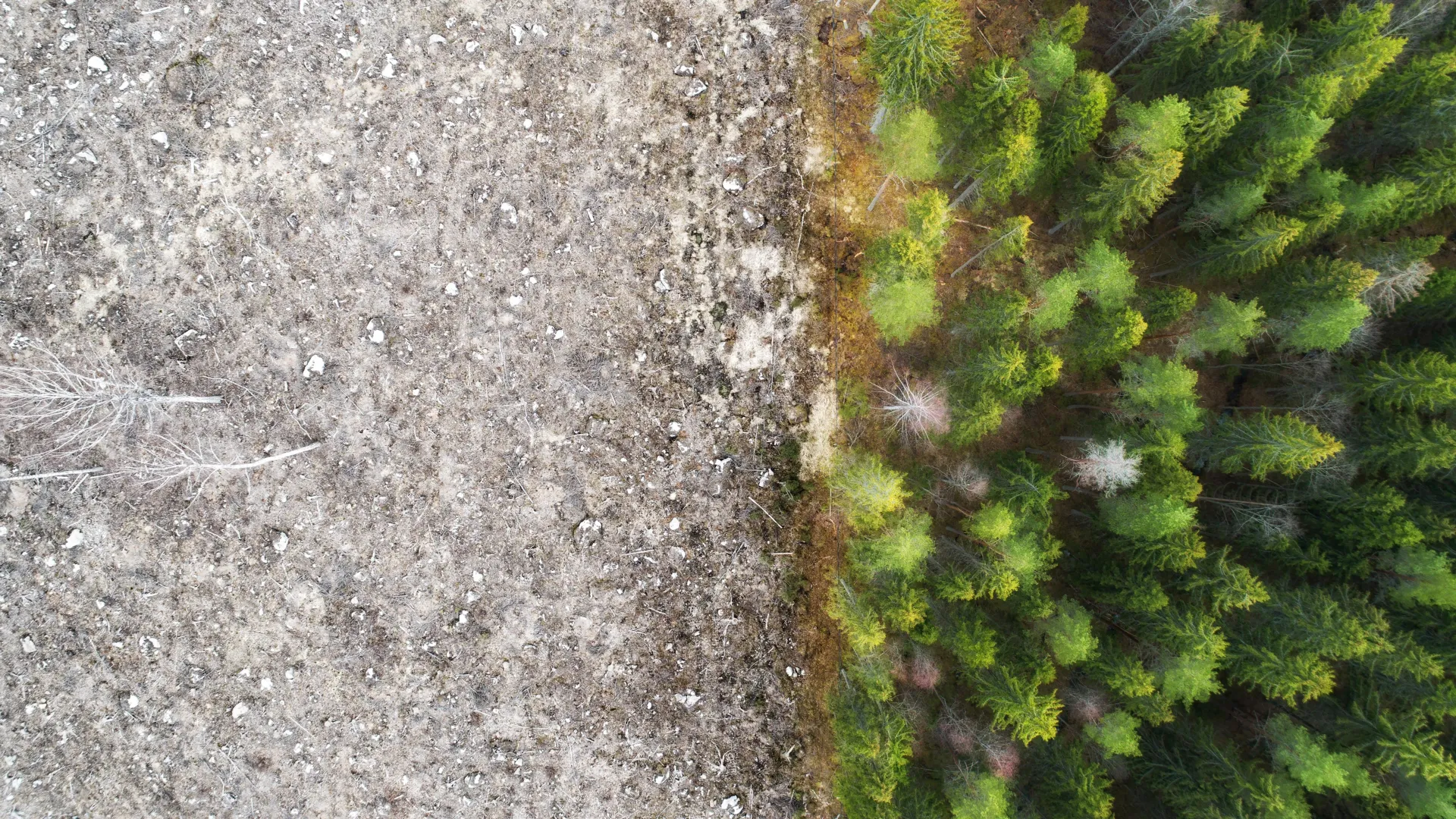
While temperatures soar within decades, tree populations take 100 to 200 years to shift in response. A sweeping new analysis of ancient pollen and modern data reveals this dramatic lag - and its consequences.
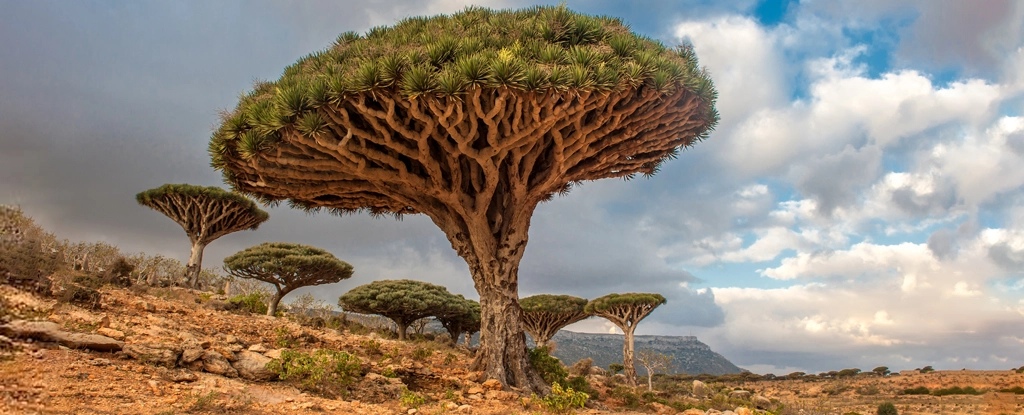
From towering coastal redwoods to dinosaur-era Wollemi pines and firs that make the perfect Christmas trees, even our most revered woody plants are in grave danger.
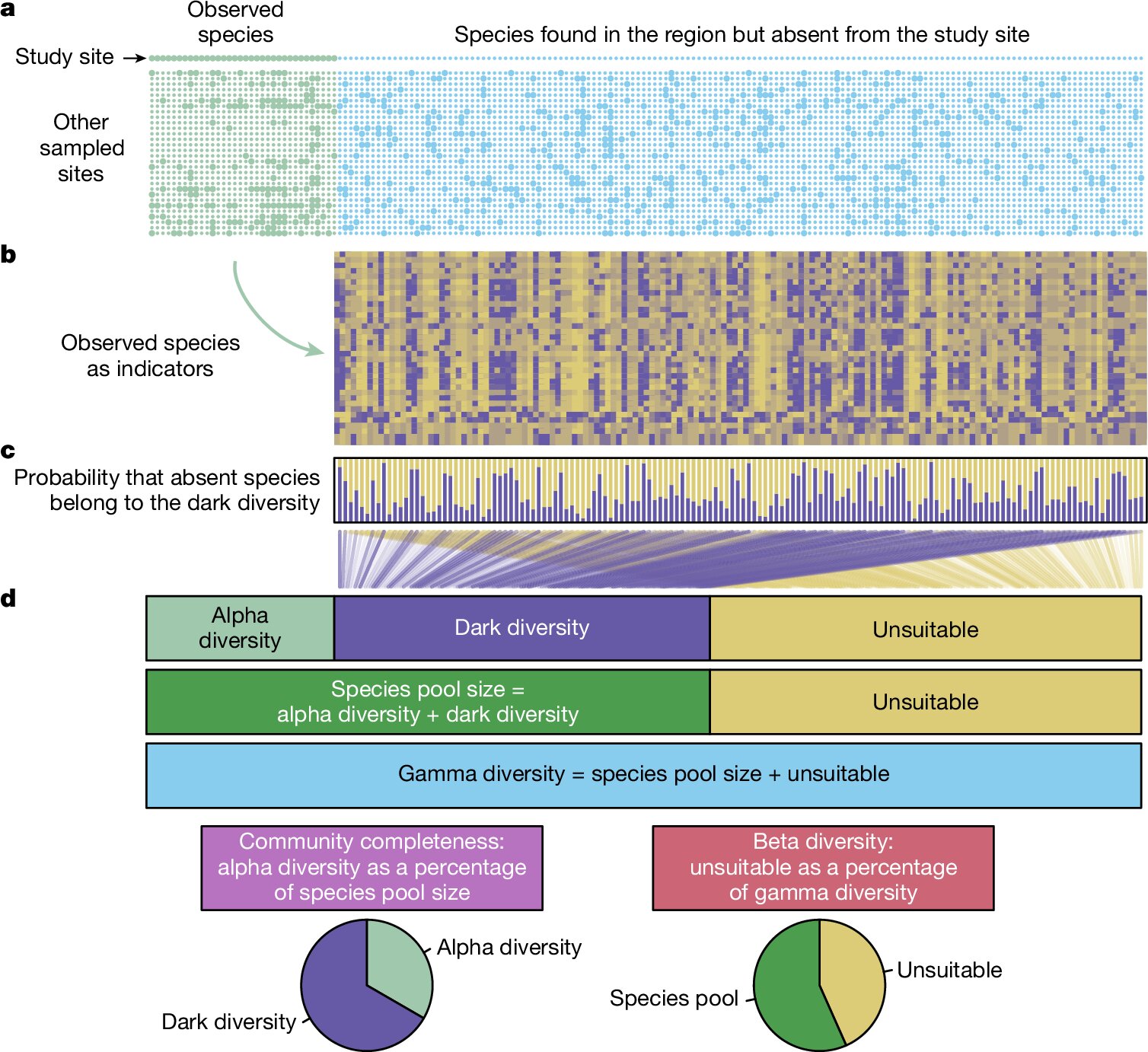
A study recently published in Nature indicates that human activities have a negative effect on the biodiversity of wildlife hundreds of kilometers away.

A landmark assessment of the health of nearly 24,000 freshwater species found that just under a quarter are at risk of extinction.

Parts of the Great Barrier Reef have suffered the highest coral mortality on record, Australian research showed Tuesday, with scientists fearing the rest of it has suffered a similar fate.

In a study from 2022, researchers issued a "warning to humanity" about the consequences of tree losses, backed by 45 other scientists from 20 different countries.
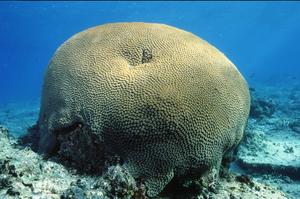
The sea surface temperature in the Fijian archipelago in the southwestern Pacific is now at its maximum for more than 600 years.
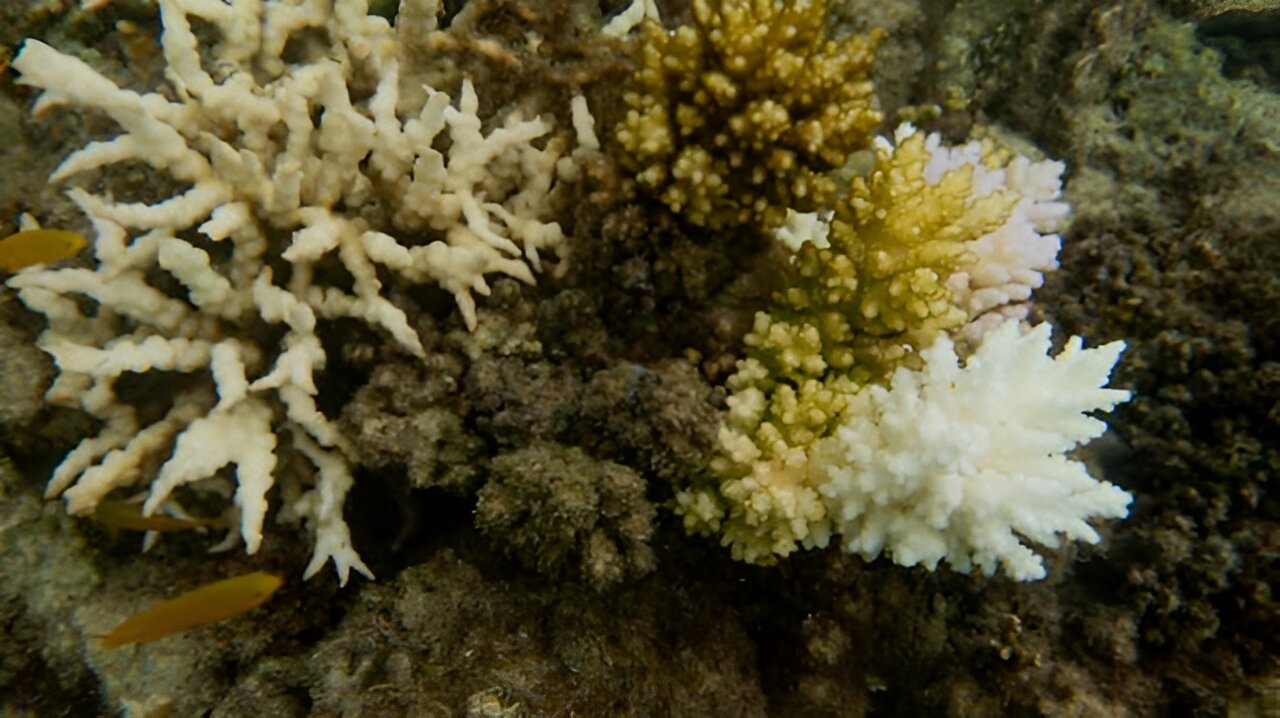
The results are sobering confirmation that global warming will continue to damage the Great Barrier Reef. If humanity does not divert from its current course, our generation will likely witness the demise of one of Earth's great natural wonders.

The loss of wolves to the region has been largely overlooked by humans, even in our scientific research, but the impact of their absence is written loudly in the missing trees.
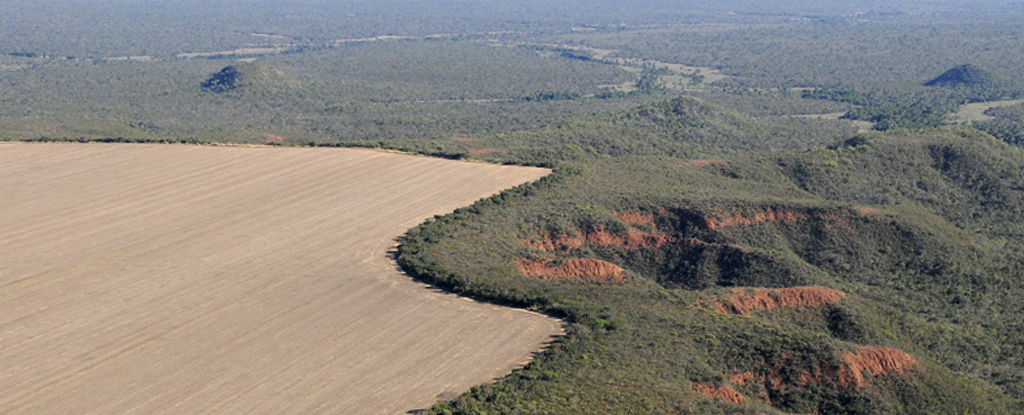
Up to 50 percent of rangelands are now degraded, a new report from the United Nations (UN) finds. Alongside climate change, many other problems are contributing to rangeland demise, mostly stemming from poor land management.

New study reveals that as insect populations in Europe fall so some plants are turning to self-pollination.

Earth's amphibians are being pushed closer to the brink due to habitat destruction, disease and climate change, with 41% of species now threatened with extinction.

A new study has highlighted the possibility of major harvest failures caused by climate change in multiple global breadbaskets as the United Nations warned of a “dystopian future” without immediate action.

In 2021, a global assessment found a shocking one-third of all tree species are currently teetering on the edge of existence. The extinction of a single species can cause a massive domino effect.

On top of intensifying algal blooms and depleting oxygen, a new study reveals Earth's bodies of freshwater are also evaporating at a greater rate than we realized.